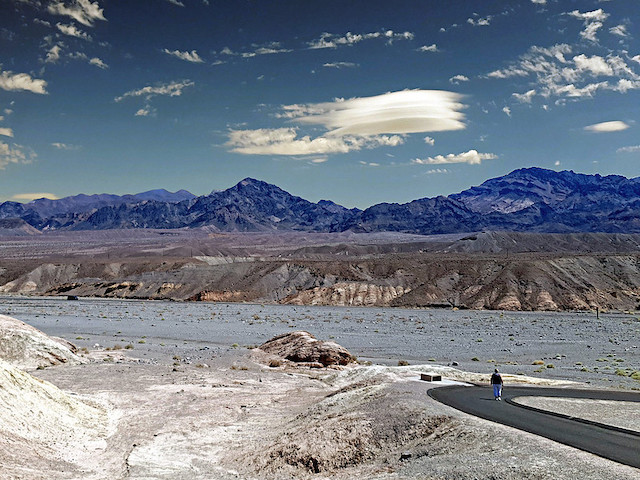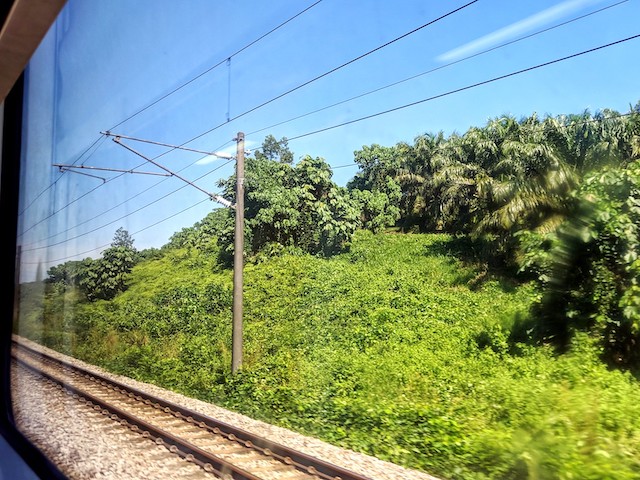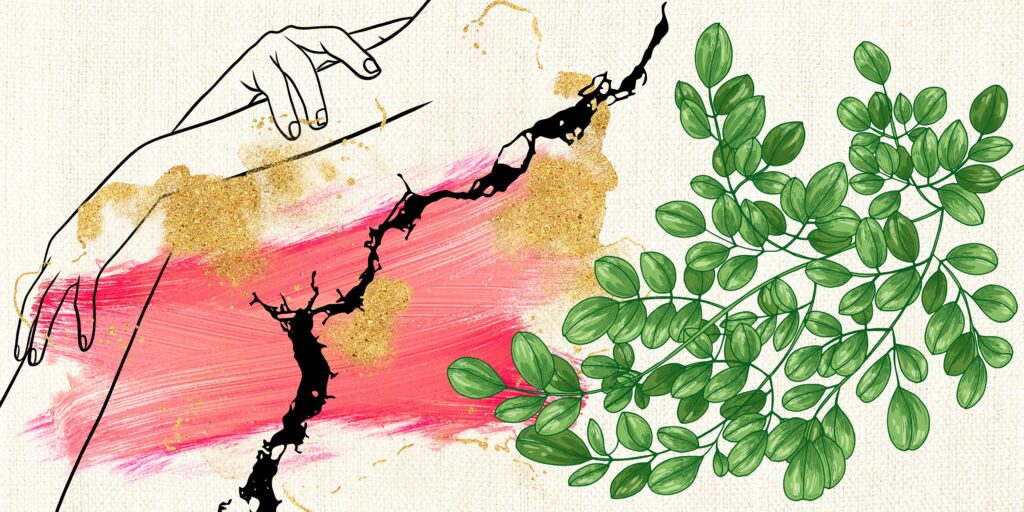no matter how desperately the world begs / for my blood / I still refuse to die. in this body, survival / is an outlier
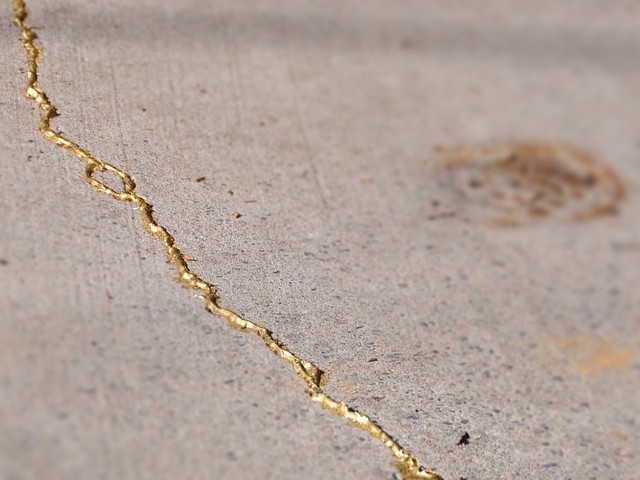
June 25, 2019
Last year, Nightboat Books in collaboration with Lambda Literary published the first major literary anthology of queer poets of color: Nepantla. Arising out of and sharing a name with the online journal founded in 2014 by Christopher Soto and the Lambda Literary Foundation, Nepantla brings together more than 100 poets across 100 years of poetry. In celebration of the anthology’s one-year anniversary and in time for Pride, we are sharing new or recent work by three queer Asian diasporic poets who were published in Nepantla: Ally Ang, Jan-Henry Gray, and Madiha Khan.
Contributors
1. Ally Ang
3. Madiha Khan
Ally Ang
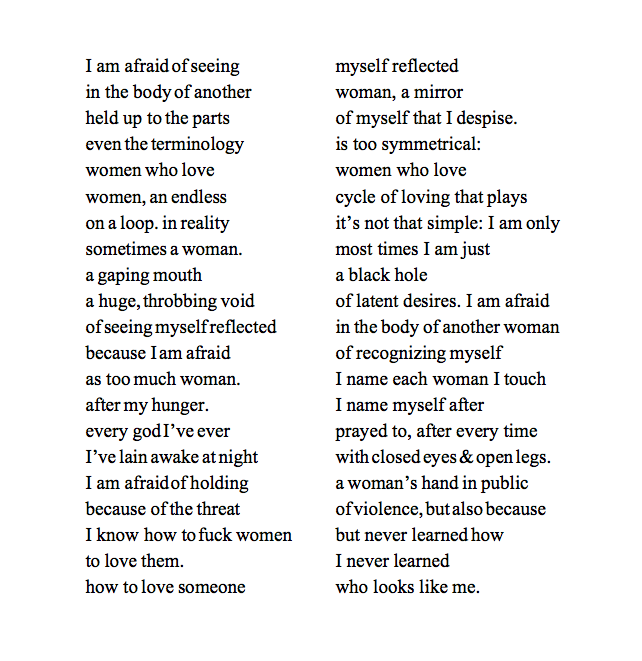
Self-Portrait with Gold Vase & Shadow
god is angry with me because I refuse
to die. no matter how many times I step
into traffic with my eyes closed
no matter how desperately the world begs
for my blood
I still refuse to die. in this body, survival
is an outlier, so god takes me
into the lab for questioning, straps me
to the examination table
for scientific study. from this angle
all I can see is my reflection
in god’s gold vase & how fly I look.
this is how I demand to be seen:
gilded & majestic, a perfect specimen
too beautiful to make it out of this world
alive. no wonder god wants me.
no wonder death fell in love with me.
she clings to me, a shadow
a lover I keep at arm’s length.
I text death when I’m drunk & lonely
& I need a body to fill my bed. my therapist says
I have commitment issues, & death
is getting tired of waiting
for me to stop fucking around
so we can settle down together.
but I’m too beautiful to settle for anyone
& not even god can keep me tied down
for long.
god & death both want me all to themselves
but for now, I belong
to no one.
Jan-Henry Gray
Frank Quizon Gray Jr. III
I practiced my father’s signature
this morning. I practiced my
father’s signature this morning.
He holds his pen softer than
me. He holds his pen softter
than me. His Q’s, large and
open. His Q’s, large and open.
His F’s, like those telephone
poles. His F’s, like those
telephone poles. His cursive
is beautiful. His cursive is so
so beautiful. The letters
are due tomorrow. The
letters are due tomorrow.

take 1
exterior, parking lot
The engine idle, we are six jackets huddled in the car staring at the building. We breathe and cloud the windows. You reach inside for the breakfast sandwiches and fried potatoes, wilting in their own trapped steam. Circles of oil stain the paper, inside then out. The word for lawyer in Tagalog and in Spanish is abogado. The news is full of other people’s stories. It began to rain in IL, in WA, in TX, in FL, in CA and in all the other states of America.

take 2
ext. parking lot
We are six jackets huddled in the car, the engine idle, the windows gray from our breathing. You reach inside a paper bag. The word for lawyer in Tagalog and in Spanish is abogado, the word for papers, papeles. We sit in silence, waiting for the news. The book does not want to end in rain. In IL, WA, TX, FL, and CA it begins.

take 3
exterior
The engine idle, we are six jackets in the car. Through the windows clouded by our breathing, we stare at the words on the building: IMMIGRATION AND NATURALIZATION SERVICES. Some citizens are natural, others are naturalized. The film is set in IL, WA, TX, FL, and CA. It can be shot anywhere.

take 4
ext.
The car stalled, a circle of oil seeps into the concrete, the number six, a folder full of forms and letters, the breathing in, then out. You don’t have papers. You don’t know how to say it. You speak in the language you are learning to master. The doors of the building open.
You watch as the others exit. Then, another word approaches.
“Frank Quizon Gray Jr. III” and “Immigration and Naturalization Services” are from Jan-Henry Gray’s collection Documents, published in April by BOA Editions.
Madiha Khan
Kismet
I have spent more time in my life fighting against the current
than flowing along with it.
I was born with my head and feet switched
my sense of direction was swindled from me by defective neurotransmitters.
But what right do I have to complain?
As far as I can tell
the history of my father’s family is a history of fighting upstream
against a disease that never stops stalking you
(like that prolific pedophile in our neighborhood back in Karachi).
It ate away my grandfather’s body
until he was nothing but a ragged man-doll shrouded in smoky white robes.
Everyday, I see it eat away morsels of my father’s soul
so that he is left as dense and collapsed as a black hole.
One day, my father will be ravaged so profoundly by this beast
that there will be nothing but his shoes and his reading glasses left.
I will find his empty shell slouched over his desk
still working away on his taxes
trying to chase away this unnameable disease with the infallibility of numbers.
I pray that I do not find him hanging from the ceiling
and if he must
then let me be the one to reclaim his flesh
and let Allah spare my mother
from the burden of cleaning up after our ancestral grief yet again.

